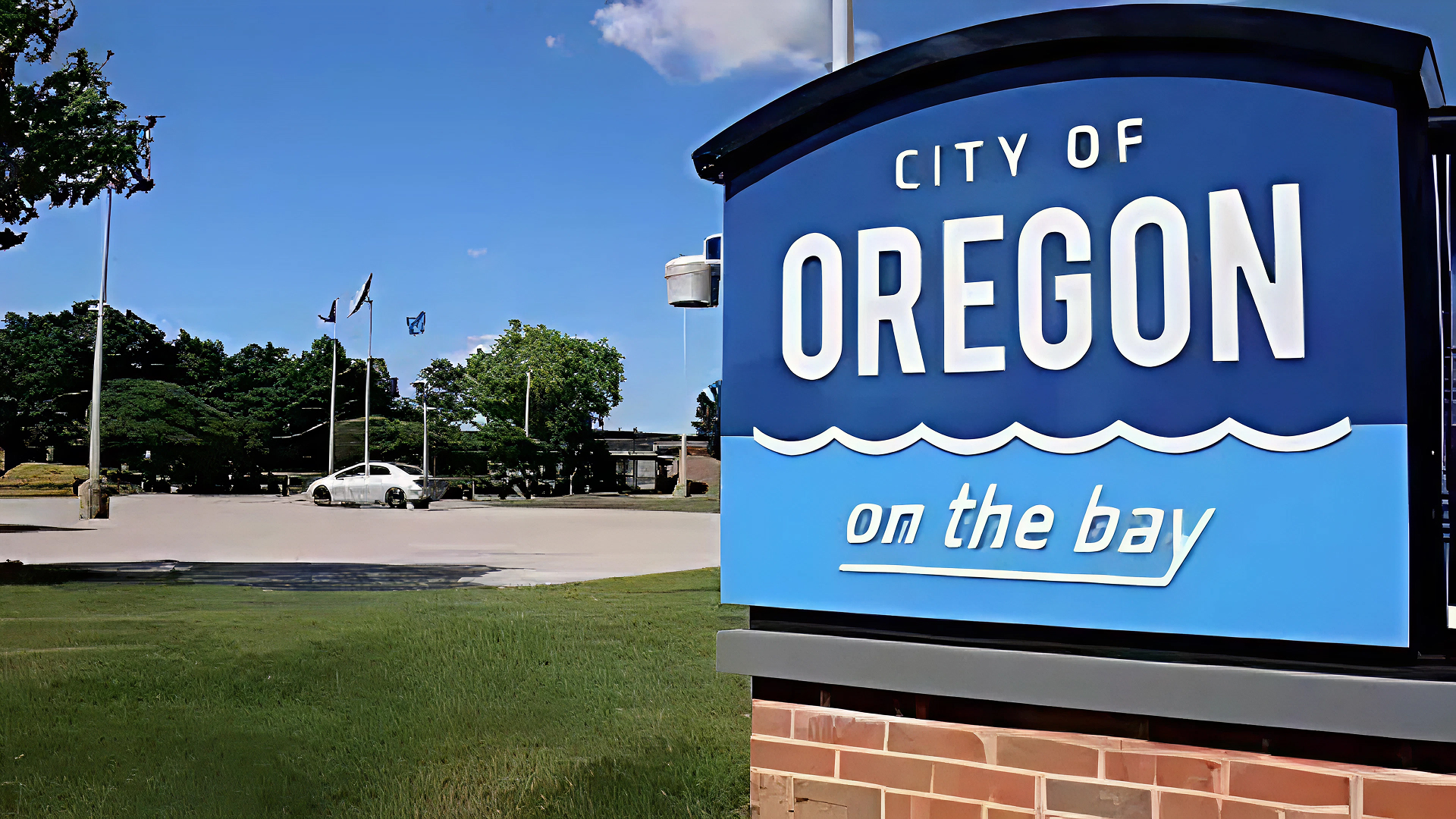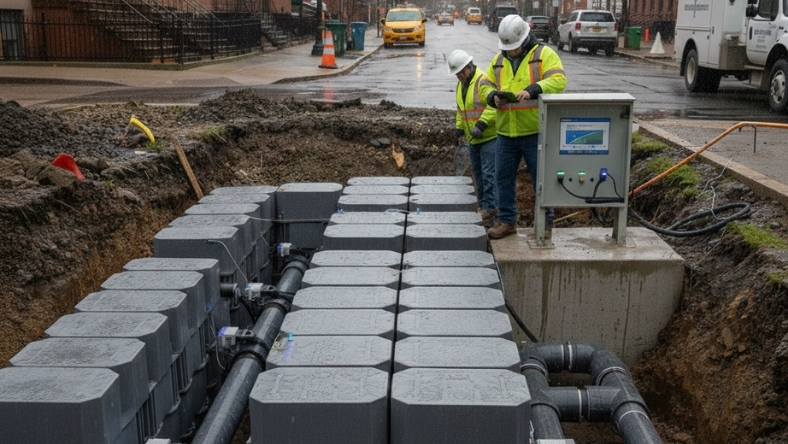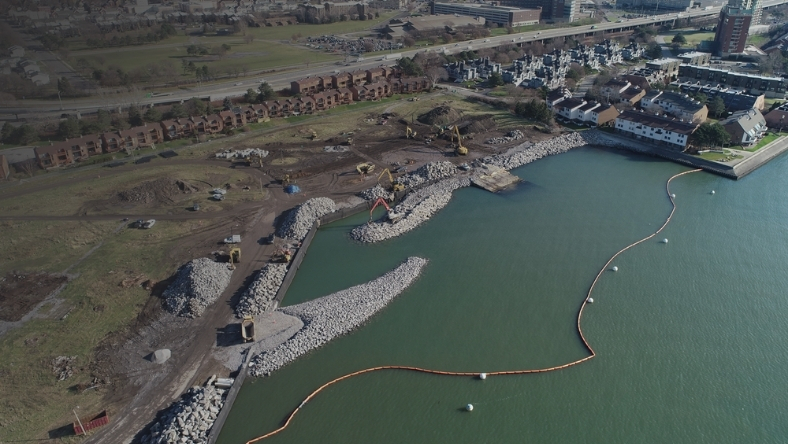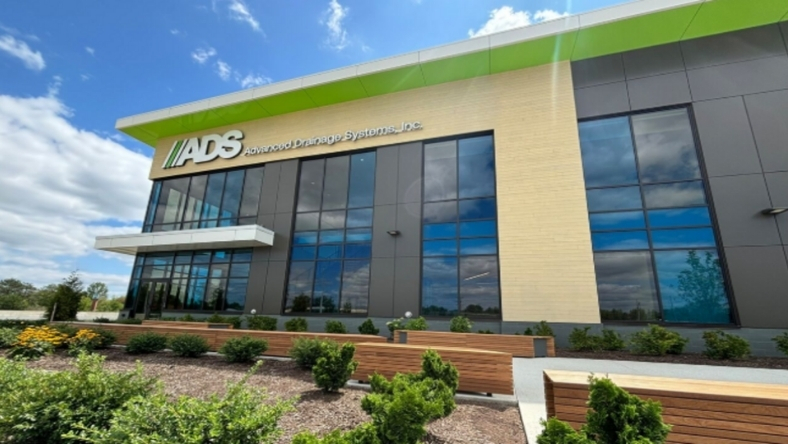MARKET TRENDS
Cities Raise Stormwater Fees to Fight Future Floods
Municipalities turn to higher charges to fund flood defences and climate-ready infrastructure
1 Jul 2025

Cities across the US are raising stormwater fees in an effort to modernise drainage systems and prepare for the impacts of climate change. The increases are part of a broader shift towards treating stormwater as a central part of urban infrastructure planning, alongside water supply and sewage systems.
In La Crosse, Wisconsin, residents saw a $5 monthly increase on stormwater bills in July to support long-delayed drainage projects. Eugene, Oregon, is considering a similar rise to help meet water-quality regulations, while Conroe, Texas, is revisiting impact fees to fund future drainage and utility needs.
“These are not isolated moves,” said a senior analyst at a national infrastructure think-tank. “Stormwater isn’t an afterthought anymore. It’s a frontline investment in climate resilience.”
Municipalities are increasingly working with engineering consultancies such as HDR and Freese and Nichols to assess flood risks, model costs, and build public support for rate changes. These firms also help cities meet federal environmental standards, which require better control of runoff and pollution.
Private contractors are adjusting their business models in response. Many now offer long-term service agreements that combine design, construction and maintenance. These bundled contracts lower risk for cities and provide construction firms with steady revenue, encouraging investment in equipment and staff.
Equity remains a challenge. Low-income households are especially vulnerable to rate hikes. In response, several cities are launching affordability programmes, including discounts and credits for property owners who install rain gardens, green roofs, or other features that absorb rainwater.
Stormwater fees have historically been lower and less politically visible than water or sewer charges. That is starting to change. More cities now view stormwater management as essential to reducing flood damage, meeting environmental targets, and keeping infrastructure in good condition.
The changes reflect a growing consensus among planners and engineers that without reliable funding, cities cannot cope with more intense storms and ageing underground networks. As federal funding lags, stormwater fees are becoming a key revenue tool for climate adaptation.
Latest News
28 Jan 2026
Cities Learn to Think on Their Feet and Their Streets26 Jan 2026
Stormwater Steps Into the Big Leagues22 Jan 2026
Flood Risk Pushes Stormwater Fees Higher21 Jan 2026
AI speeds stormwater pipe inspections for US cities
Related News

INNOVATION
28 Jan 2026
Cities Learn to Think on Their Feet and Their Streets

INVESTMENT
26 Jan 2026
Stormwater Steps Into the Big Leagues

MARKET TRENDS
22 Jan 2026
Flood Risk Pushes Stormwater Fees Higher
SUBSCRIBE FOR UPDATES
By submitting, you agree to receive email communications from the event organizers, including upcoming promotions and discounted tickets, news, and access to related events.